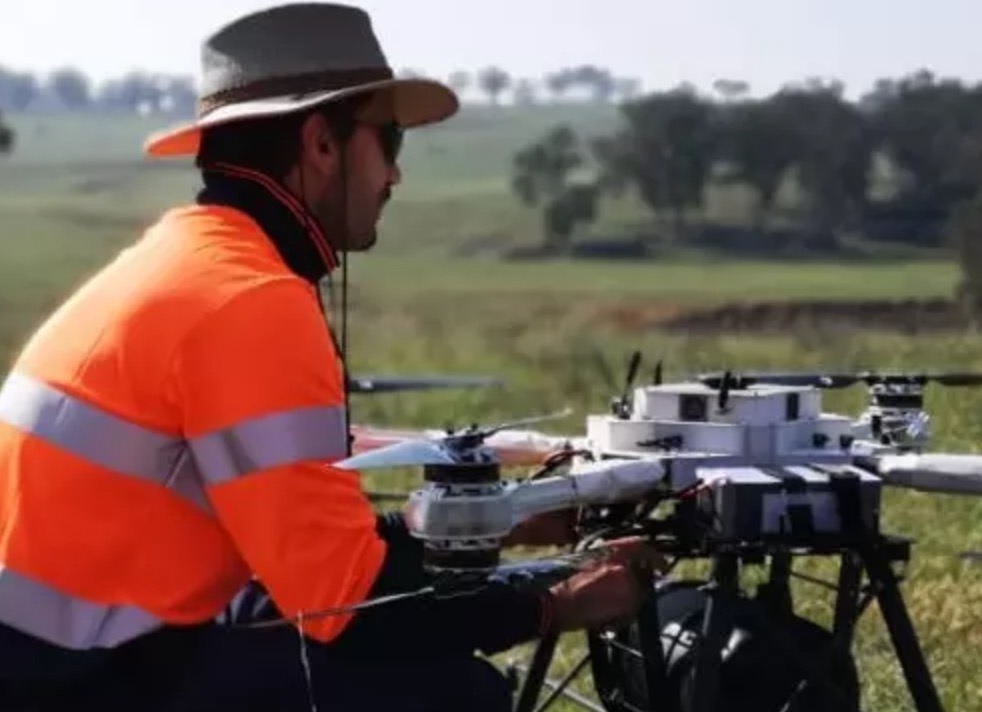
We live in a technologically immersive world. You are using technology right now to read this article. There is no doubt that technology has made our lives better. But in some cases, certain advancements have led to the degradation of our environment. One company is embracing technological advancement to help counter some of the negative effects that have taken hold of our planet. Uk based BioCarbon Engineering has been successfully using drones to help plant trees.
At the 2018 COP24 (Conference of the Parties to the United Nations Framework on Combating Climate Change) held in Katowice, Poland, Sir David Attenborough told those in attendance that the greatest threat to humanity, and what could lead to the collapse of civilizations, was climate change. The conference was held to strategize the implementations of the 2105 Paris agreement. According to data collected, we have 12 years to make improvements in our climate change or face irreversible consequences. This may seem worthy of panicking, but experts are hopeful.
With companies like BioCarbon Engineering, these changes are both affordable and feasible. Lauren Fletcher, a former NASA environmental engineer, has created a drone that is capable of planting up to 40,000 trees a day. This will drastically cut down CO2 emissions and stabilize a global temperature. They have begun testing in Myanmar, Burma where over the last seven years hundreds of environmentalists have been able to replant over 6million trees. With the help of Fletcher’s drones, a handful of individuals will be able to increase that number to 4million trees in one year.
BioCarbon Engineering is able to do this by two key methods. First they collect a detailed analysis of the environment in question. This data is used to determine the best species of plants, and conditions under which to plant them. Then using a drone, pre-germinated seep pods are shot into the ground. The seed pods are encapsulated in a fully biodegradable bullet shaped capsule filled with a nutritious hydrogel. This ensures that each pod is perfectly planted in the soil, along with the nutrients needed to ensure growth.
The first round of planting began in September. The pods planted then have now grown to a sturdy 20 inches, proof of viability. Irina Fedorenko, BioCarbon co founder, said “We now have a case confirmed of what species we can plant and in what conditions. We are now ready to scale up our planting and replicate this success.” Deforestation is one of the biggest issues causing negative climate change, but with these drones it will be possible to put an end to that.
BioCarbon Engineering hopes to replant up to a billion forests a year. But it doesn’t end with just forests. With the use of drones swamps, jungles, and marshlands can also be rehabilitated. Fletcher says that “We are going to counter industrial scale deforestation using industrial scale reforestation.” With methods like this, it just may be possible to meet the standards put forth in the Paris Agreement.
|